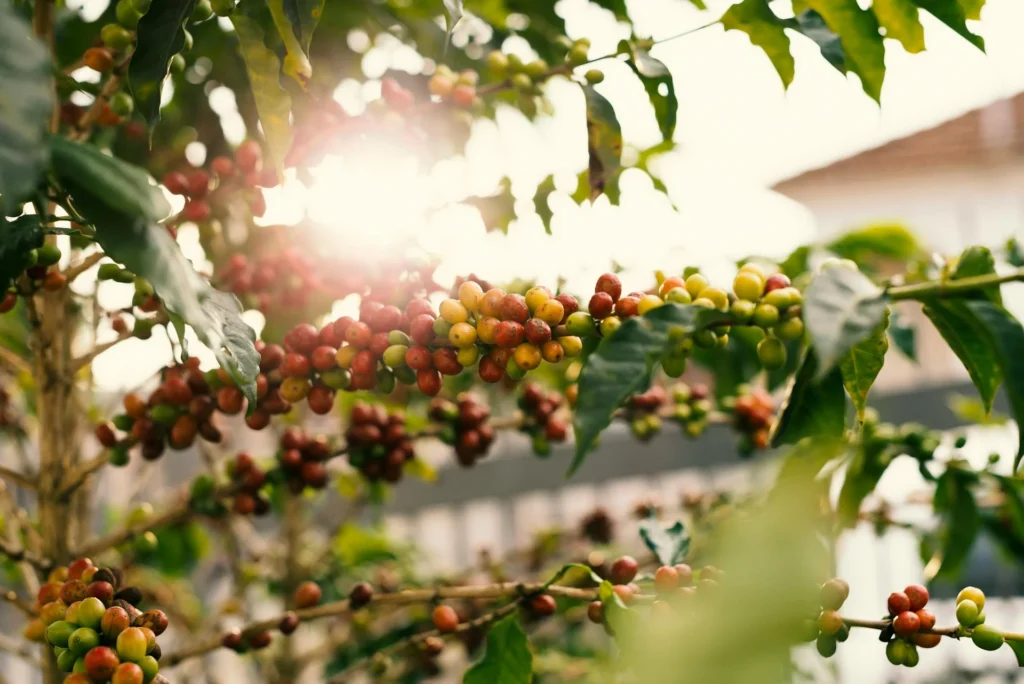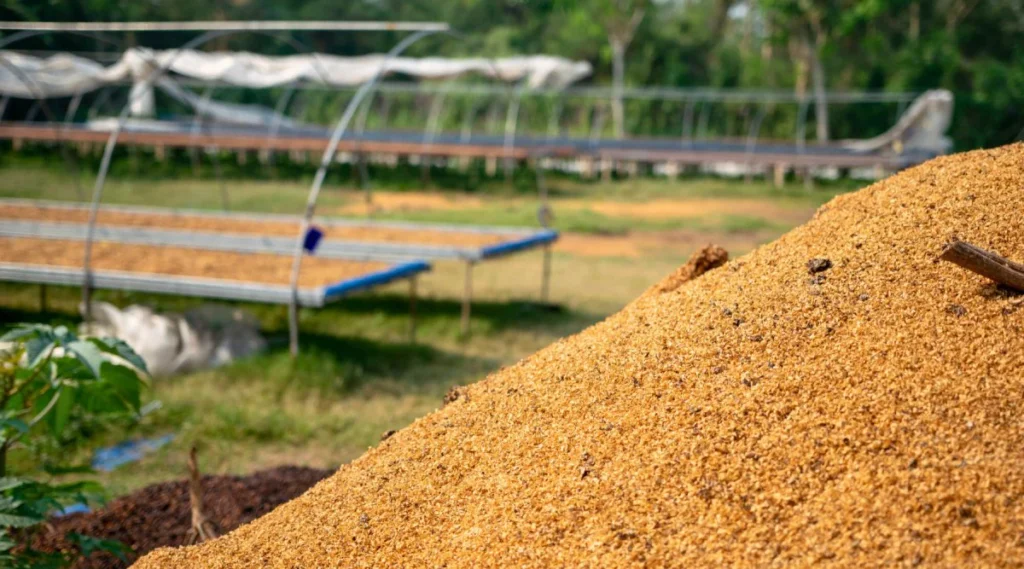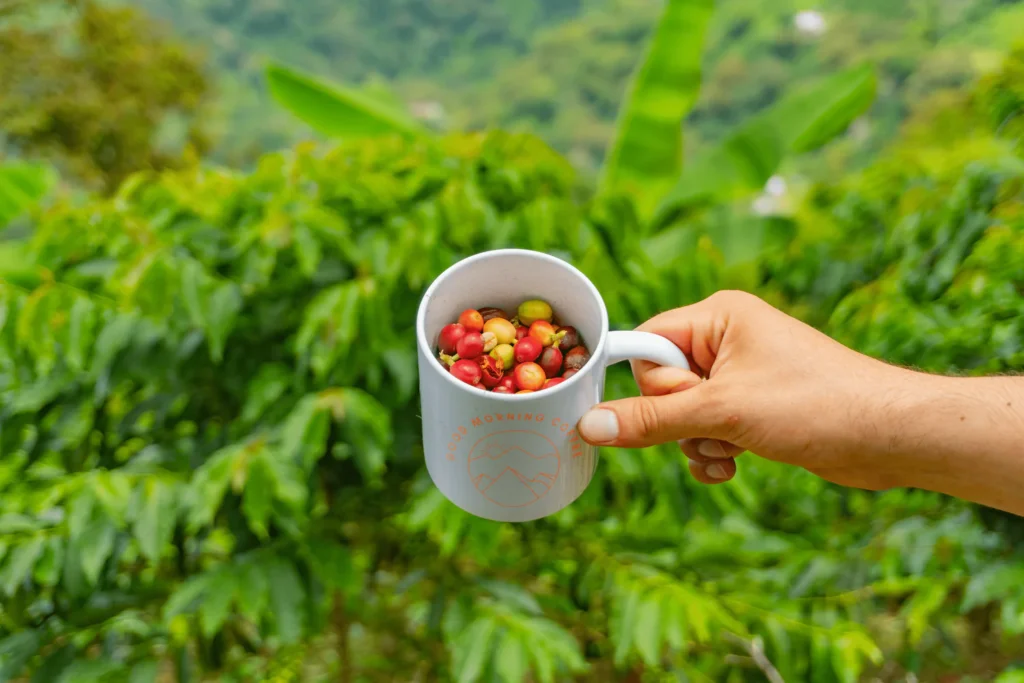Let’s settle this once and for all—Arabica vs Robusta Beans, which one reigns supreme?
If you’re a coffee drinker (which, let’s be real, you probably are), you’ve seen these two names thrown around. Arabica coffee is known for its smooth, mild, and slightly sweet flavor. Robusta coffee? Strong, bold, and packed with caffeine, it’s the go-to for espresso lovers and instant coffee brands.
But here’s something interesting: Colombia, one of the world’s top coffee producers, only grows Arabica beans. No Robusta beans, no mixed coffee blends, just pure, high-quality Arabica coffee beans.
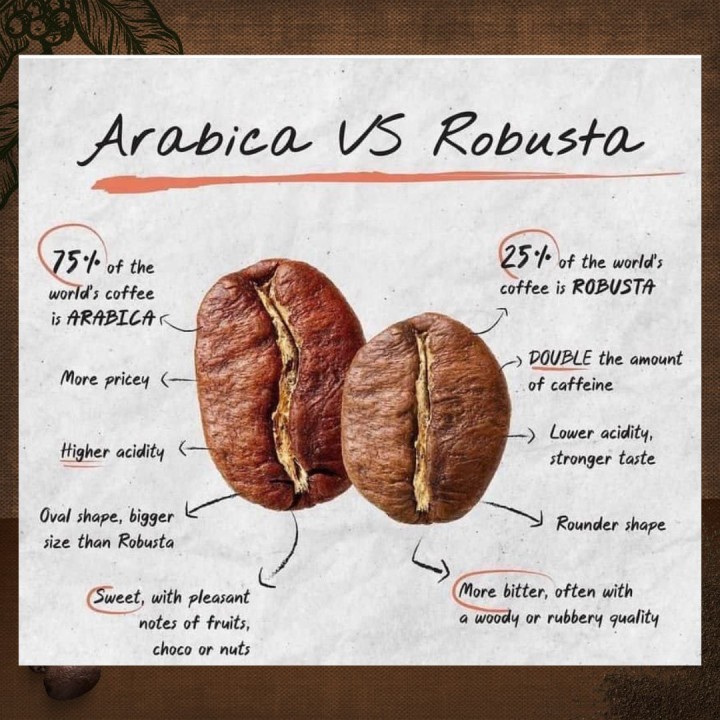
Why is that?
Is it the altitude? The climate? A national obsession with high-quality coffee production? Or is Robusta coffee just not good enough for Colombia’s standards?
In this article, we’re breaking it all down, the difference between Arabica and Robusta, why Colombia has fully committed to Arabica coffee, and what this means for coffee lovers around the world.
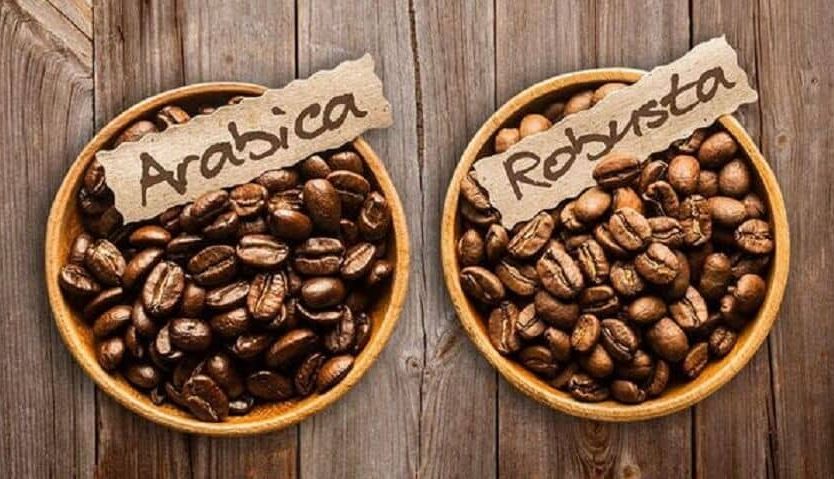
What’s the Difference Between Arabica and Robusta?
To understand why Colombia sticks to Arabica coffee, we first need to break down the difference between Arabica and Robusta coffee beans. These two coffee species may come from the same family, but they couldn’t be more different.
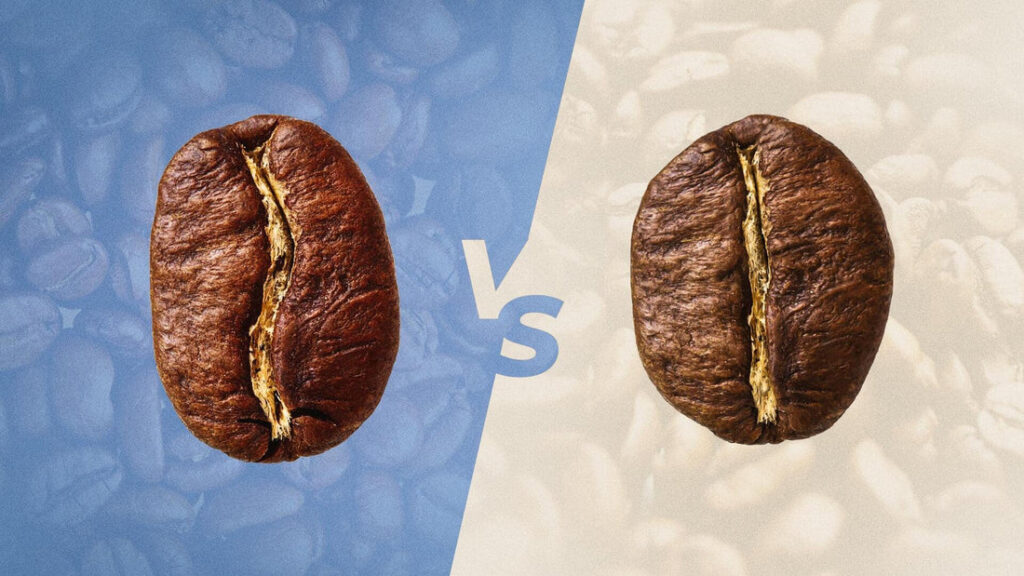
| Category | Arabica Coffee | Robusta Coffee |
|---|---|---|
| Origin | Ethiopia, widely grown in Latin America (including Colombia) | Central & Western Africa |
| Coffee Taste & Aroma | Smooth, mild, slightly sweet, with higher acidity (fruity, floral, caramel-like notes) | Strong, bitter taste, earthy, nutty, or woody aftertaste (sometimes like dark chocolate) |
| Caffeine Content | 1.2%–1.5% caffeine (less caffeine but more complex flavors) | 2.2%–2.7% caffeine (stronger kick, great for espresso blends with thick crema) |
| Growing Conditions | Thrives in high altitudes (1,200m–2,300m), cooler temperatures, and steady rainfall | Grows in low altitudes (200m–800m), tolerates heat, drought, and resistant to pests & diseases |
| Price & Market Demand | More expensive, used in specialty coffee and premium blends | Cheaper, commonly found in instant coffee, commercial blends, and strong espresso shots |
At this point, you might be thinking, “Okay, but if Robusta beans are easier to grow and contain more caffeine, why doesn’t Colombia produce them?”
Why Colombia Grows Only Arabica Coffee
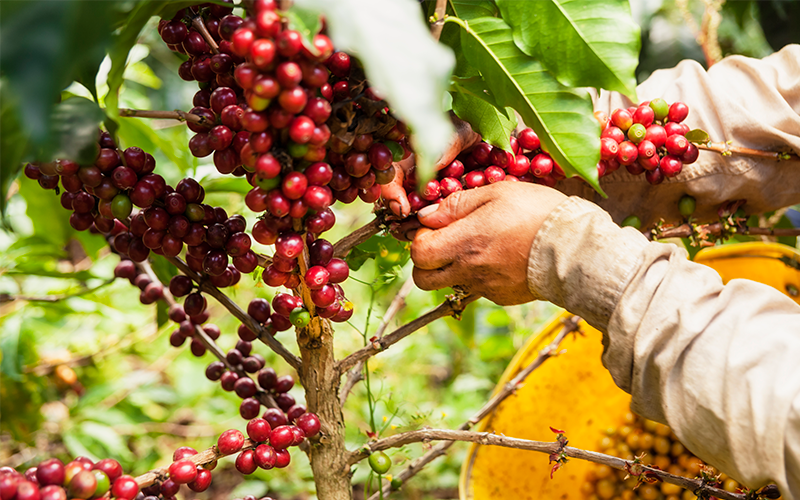
Colombia is one of the world’s biggest coffee producers, but unlike places like Vietnam or Brazil, it refuses to grow Robusta coffee beans. Instead, the country is 100% committed to Arabica coffee production.
The combination of ecosystems, altitude, and climate in Colombia means that there is a wide array of microclimates,” he says. “Alongside very good farm practices, [these allow] the country to consistently produce arabica coffee all year round.” (Source: Perfect Daily Grind)
Why? It all comes down to geography, tradition, and quality.
1. Perfect Climate & High Altitudes
Colombia’s geography is basically designed for Arabica coffee beans. The country is home to the Andes Mountains, providing high-altitude farms (1,200m–2,300m) with the cool temperatures and steady rainfall that Arabica plants need.
Meanwhile, Robusta coffee grows better in low-altitude, hotter climates—something Colombia just doesn’t have in abundance. In short, if Robusta plants were grown here, they wouldn’t thrive.
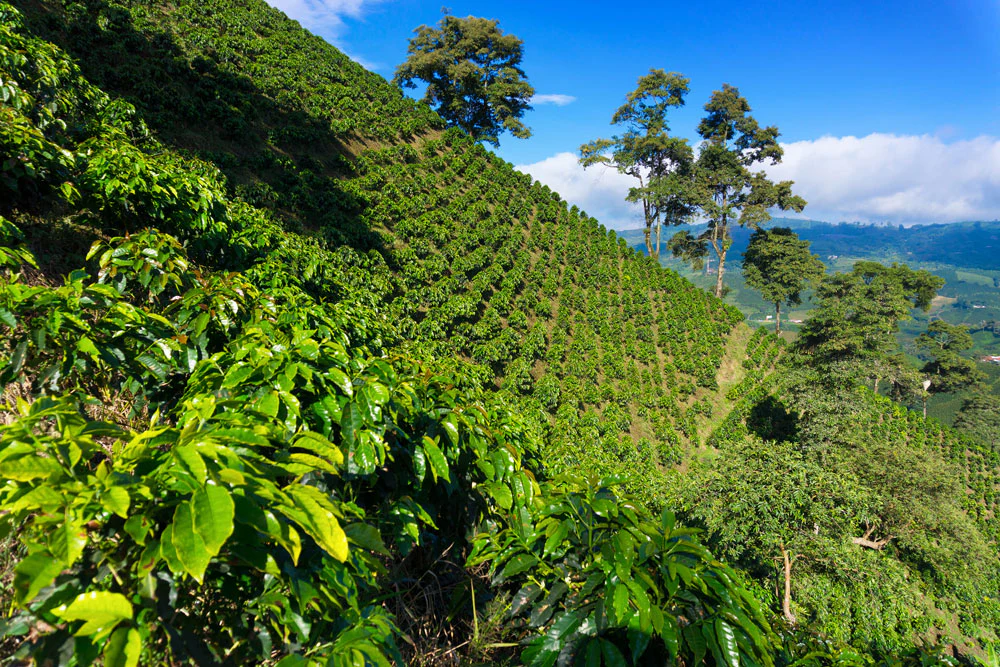
2. Quality Over Quantity
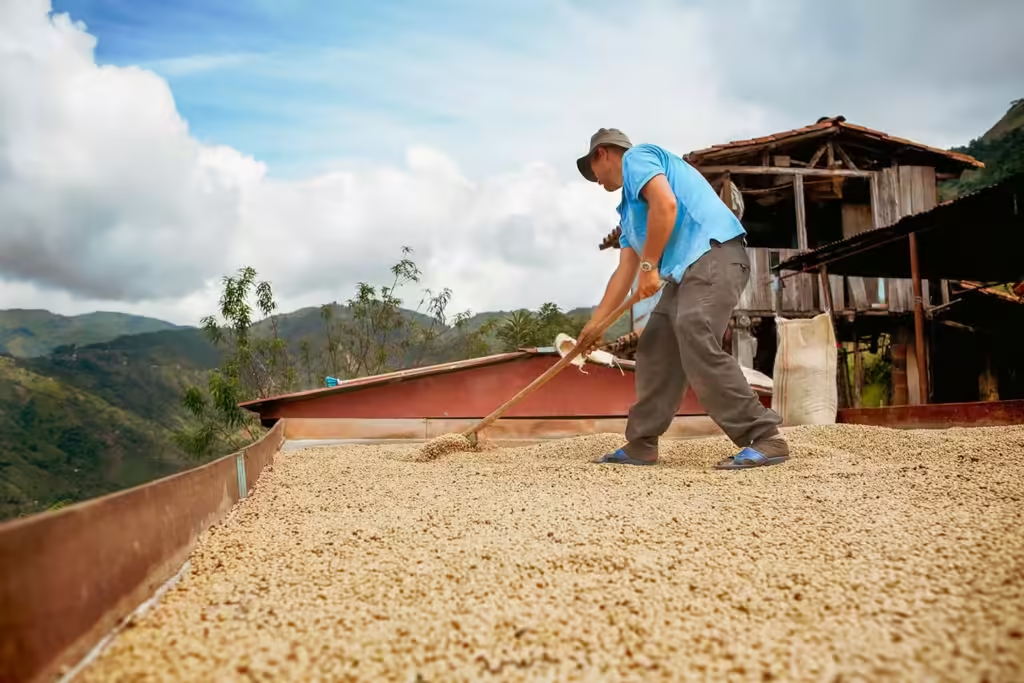
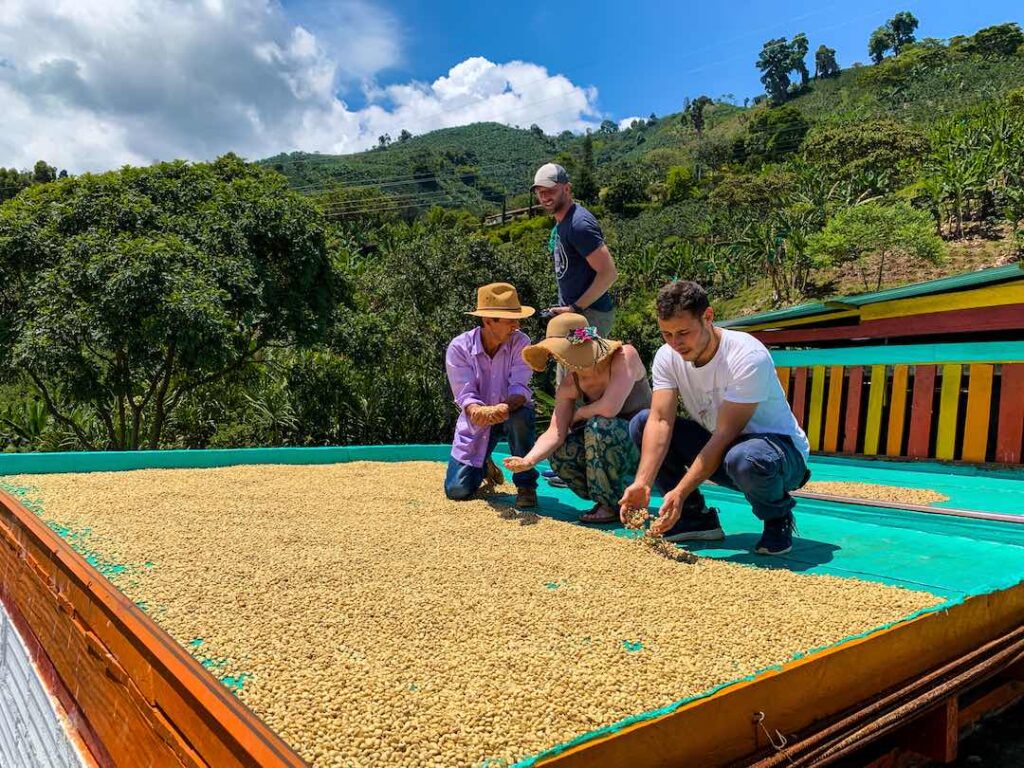
Colombia’s coffee industry isn’t about mass production—it’s about premium quality.
While Robusta coffee contains higher caffeine content, it lacks the smooth, complex flavors that coffee lovers (and high-end buyers) crave. Arabica coffee, on the other hand, is known for its bright acidity, floral notes, and balanced sweetness—the kind of taste profile that makes Colombian coffee world-famous.
By focusing on Arabica coffee beans, Colombia can charge higher prices and maintain its reputation for specialty coffee.
3. The “100% Colombian Coffee” Brand
There’s also a branding angle to this.
Since 1927, the National Federation of Coffee Growers of Colombia (FNC) has set strict rules to ensure only Arabica coffee is grown. This helps maintain Colombia’s image as a producer of high-quality coffee beans.
Ever seen the “100% Colombian Coffee” label? That’s part of a decades-long marketing strategy to make Colombian Arabica coffee a globally recognized premium coffee.
If Colombia started growing Robusta beans, it could damage this brand. And when your coffee is known as some of the best in the world, why take that risk?
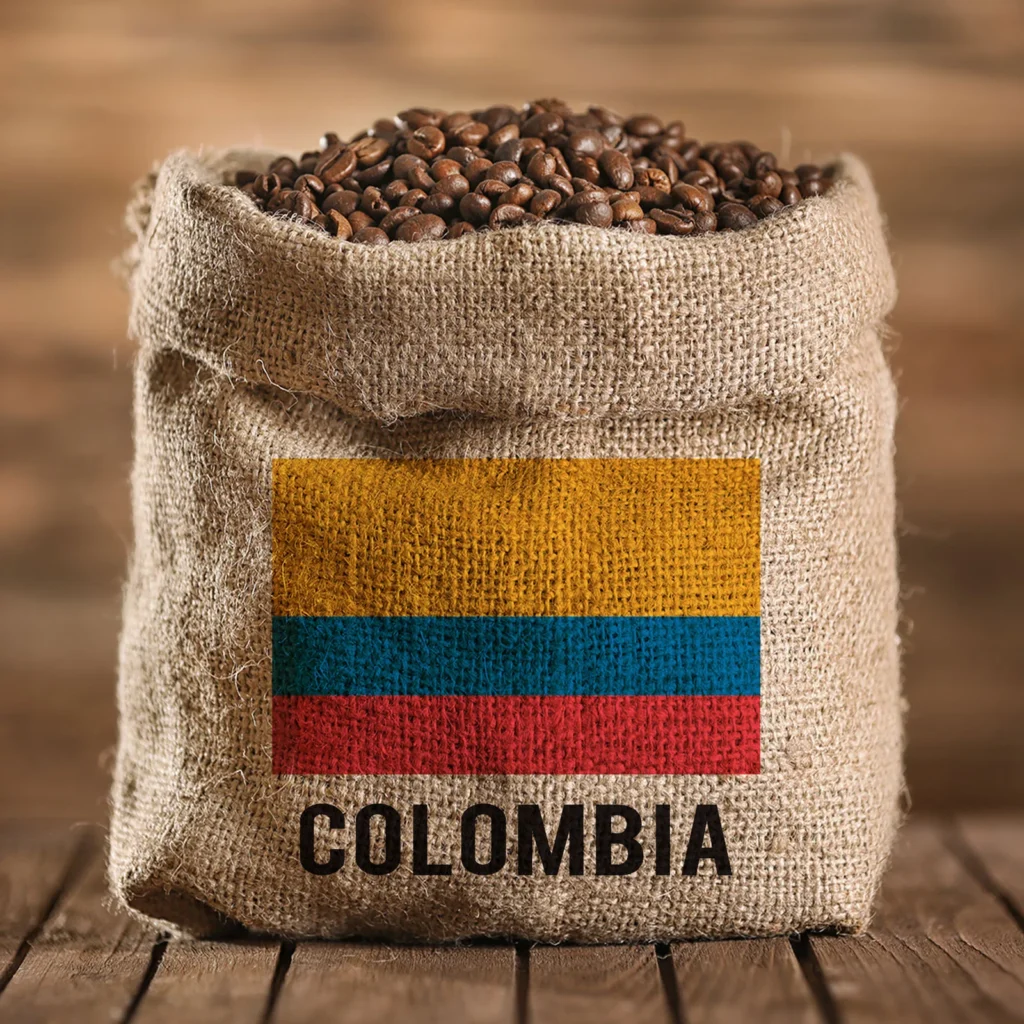
4. Market Demand & Specialty Coffee Trends
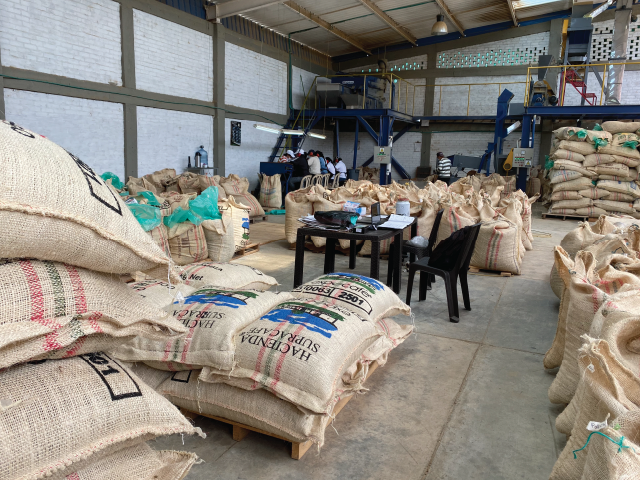
The demand for specialty coffee—which heavily favors Arabica beans—is at an all-time high. Coffee enthusiasts, baristas, and high-end roasters prefer Arabica coffee beans because of their complex flavors.
Robusta coffee is more common in instant coffee and cheaper blends, but Colombia has no interest in that market.
By sticking to Arabica coffee production, Colombia ensures its beans are sought after by premium coffee brands, specialty cafes, and top-tier roasters worldwide.
Colombian Coffee Fun Fact!☕
- Did you know Colombia is the third-largest coffee producer in the world? Coffee has been a major part of its economy since the late 19th century. Check out this cool infographic that highlights some key facts about Colombian coffee!
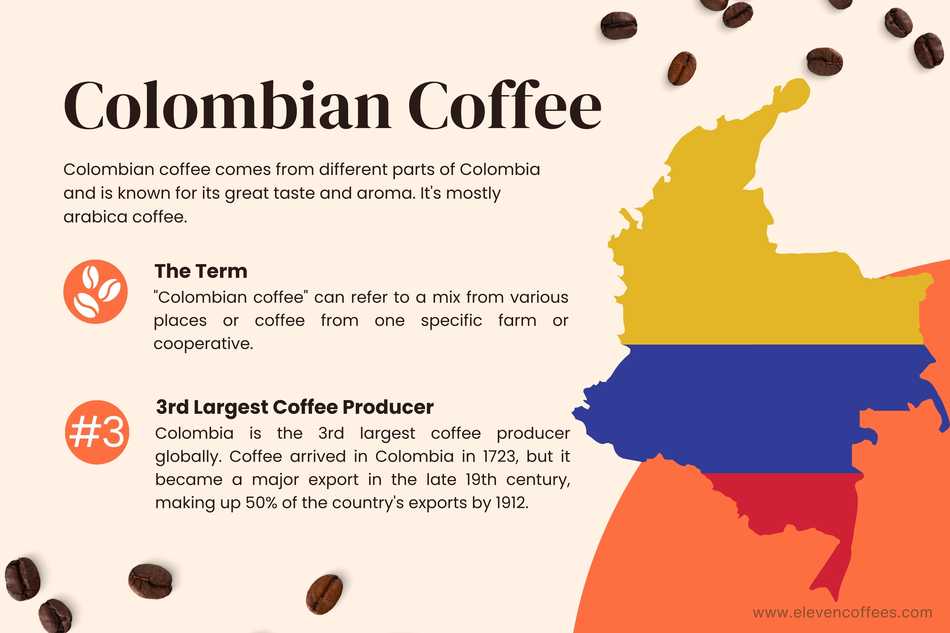
Will Colombia Ever Grow Robusta Coffee?
Colombia’s dedication to Arabica coffee is rock solid, but the world is changing. And with it, so is the way coffee is grown.
For years, the country’s high-altitude farms have been the perfect home for Arabica coffee beans. But now, farmers are facing new challenges—climate change, rising temperatures, and unpredictable weather patterns. Could this push Colombia to reconsider Robusta coffee production?
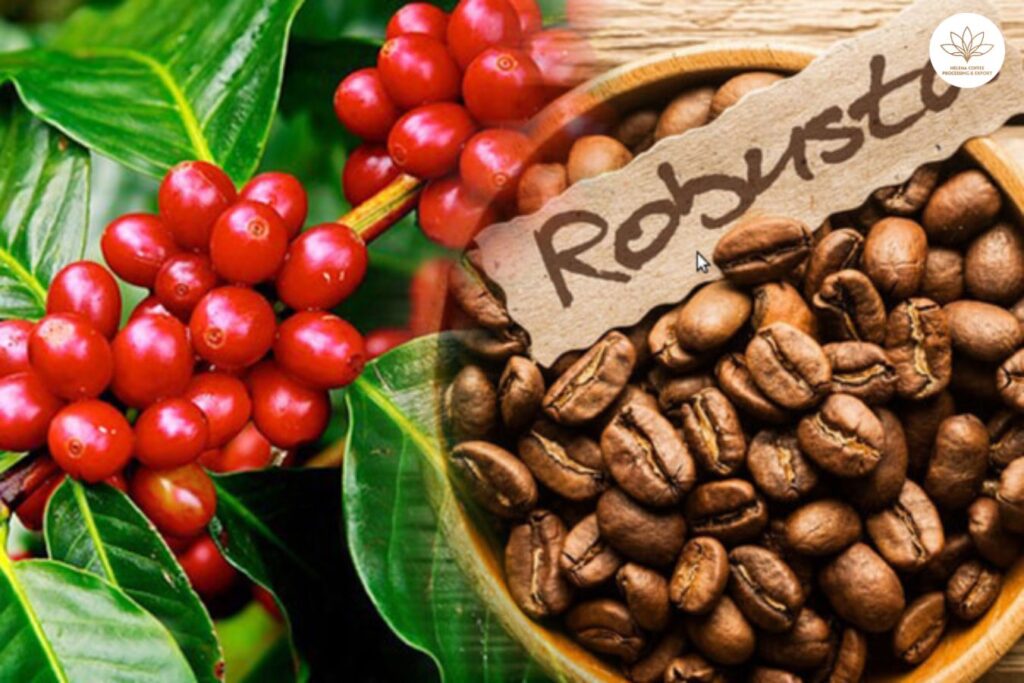
1. Climate Change is Hitting Coffee Hard
Arabica plants are picky. They need cool temperatures, steady rainfall, and just the right elevation to thrive. But with rising global temperatures, many traditional coffee-growing regions in Colombia are seeing higher heat and more unpredictable weather.
This is a problem because Arabica coffee beans don’t handle heat well. If temperatures climb too high, coffee plants produce lower-quality beans—or worse, they struggle to survive at all.
Robusta coffee, on the other hand, is tough. It can handle warmer climates, lower altitudes, and is naturally resistant to pests and diseases that threaten Arabica plants.
So, would it make sense for Colombia to start planting Robusta beans as a backup plan?
2. Specialty Coffee vs. Survival
Colombia’s coffee industry isn’t just about farming—it’s about identity. The country has spent decades building a reputation for producing some of the best Arabica coffee in the world.
Switching to Robusta coffee beans would mean stepping into a completely different market—one that prioritizes caffeine content over flavor complexity. That’s a big leap, and many Colombian farmers aren’t willing to take it.
Instead, many are focusing on hybrid Arabica varieties—new strains of coffee that can handle warmer temperatures while keeping that smooth, high-quality taste.
3. Would Robusta Ever Have a Place in Colombia?
Right now, the answer is no—at least not in the mainstream market.
There are a few small-scale experimental farms testing Robusta coffee beans, but the idea of Colombia shifting away from 100% coffea Arabica seems unlikely.
Instead of adopting Robusta coffee production, Colombian farmers are finding ways to adapt their Arabica crops to the changing climate—moving plantations to higher altitudes, using shade-grown techniques, and experimenting with heat-resistant coffee plants.
In short, Colombia is committed to keeping Arabica as its coffee of choice. But as climate change continues to reshape the industry, who knows what the future holds?
One thing’s for sure: Colombian coffee will always be about quality first.
Conclusion
So, what have we learned?
When it comes to Arabica vs Robusta, Colombia has made its choice—and it’s sticking to it. Arabica coffee beans are the heart and soul of Colombian coffee culture. They thrive in the country’s high-altitude farms, offer a rich and complex flavor, and have helped Colombia build a global reputation for premium coffee.
Sure, Robusta coffee has its perks—it’s stronger, contains more caffeine, and is easier to grow. But for Colombia, it’s never been about growing what’s easiest. It’s about growing the best coffee possible.
With climate change looming, some might wonder if Robusta coffee beans will ever have a place in Colombia. But for now, farmers are doubling down on Arabica coffee production, finding new ways to protect their crops, and continuing to provide the world with some of the finest coffee beans you can find.
So, the next time you take a sip of Colombian coffee, know that you’re tasting something special—a coffee grown with care, tradition, and an unwavering commitment to quality.
Would you choose Arabica or Robusta? Let us know your thoughts!

